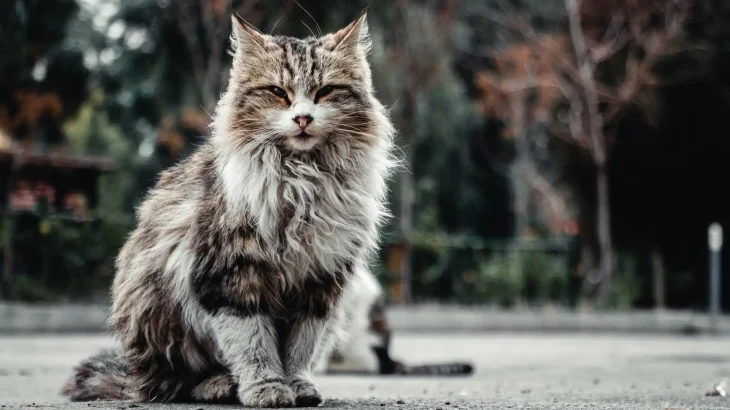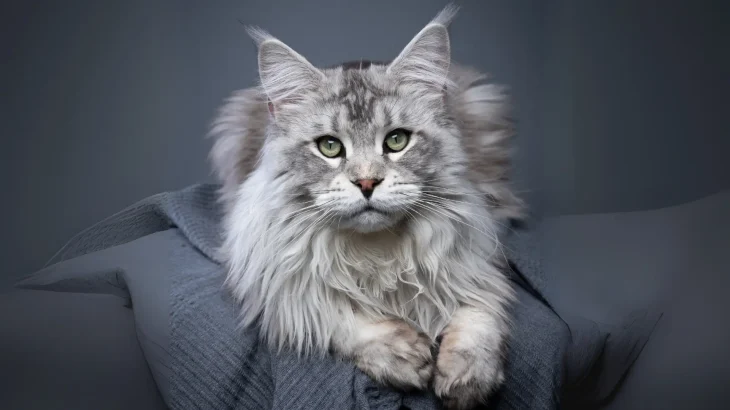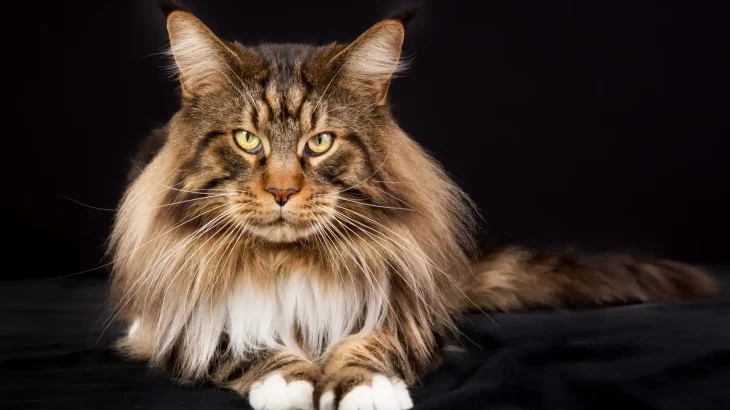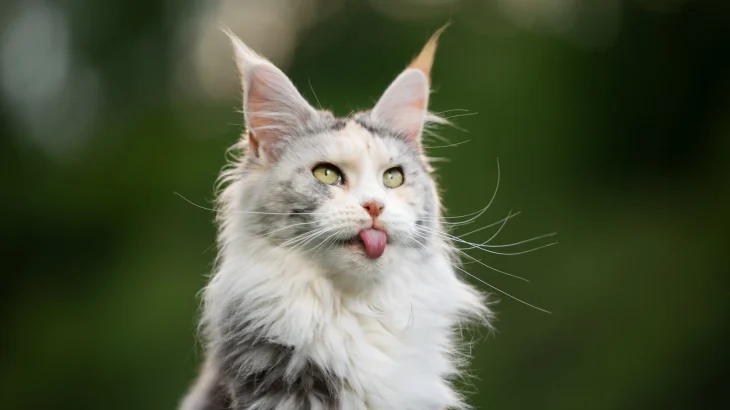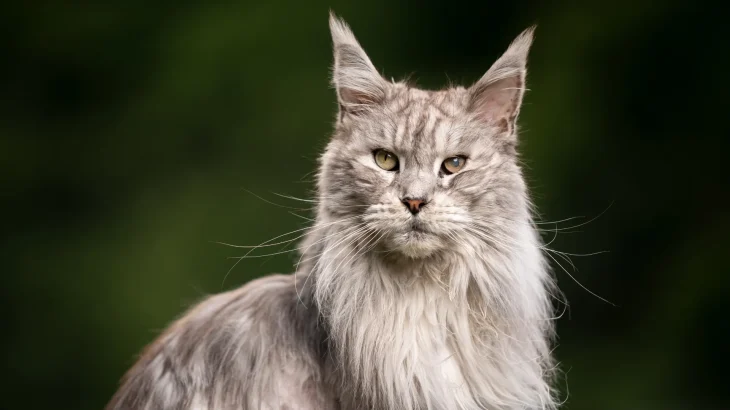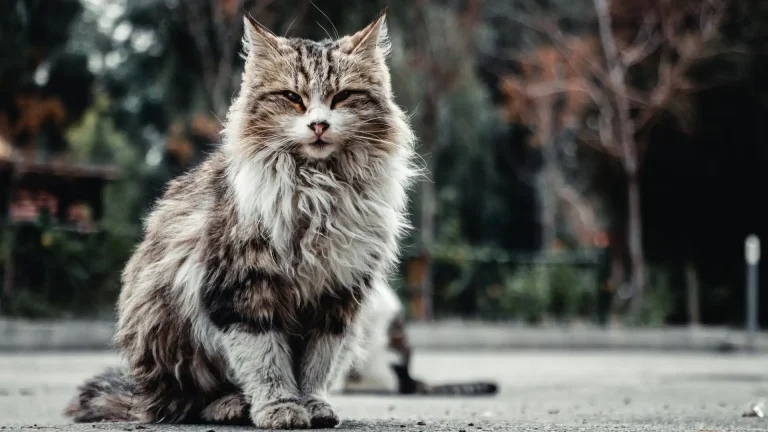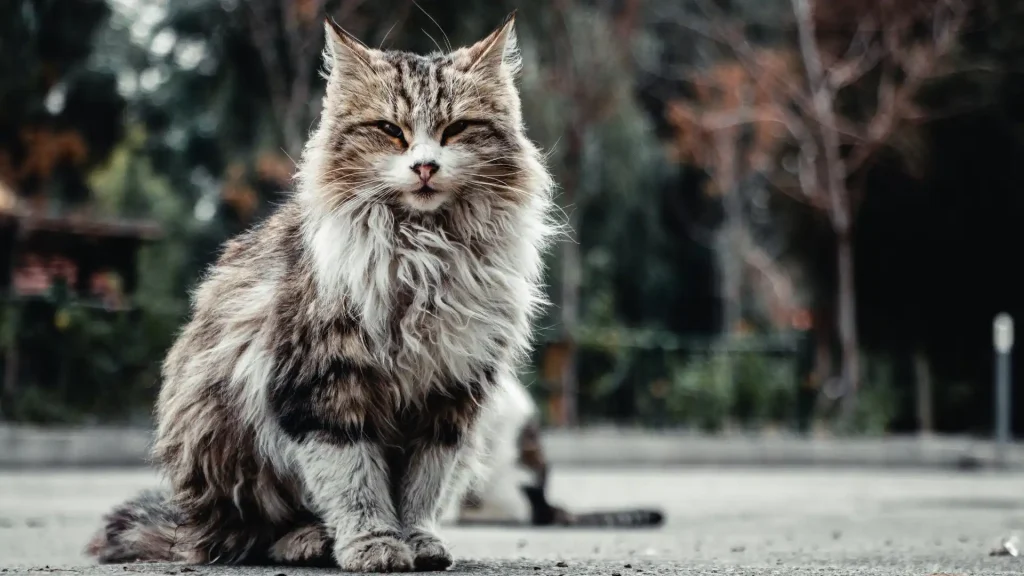Choosing whether to adopt or purchase a Maine Coon kitten involves weighing factors like cost, health transparency, and ethical considerations. While purchasing from a breeder often offers detailed pedigree and health information, adopting allows you to give a loving home to a cat in need with typically lower fees. Both options have distinct advantages depending on your priorities and circumstances.
Adoption vs. Breeder: Pros & Cons
| Criteria | Buying from Breeder | Adopting from Shelter/Rescue |
|---|---|---|
| Cost | Higher initial cost, often $1,000-$3,000 or more for purebred Maine Coon kittens. | Lower adoption fees, usually $50-$200, often covering vaccinations and sterilization. |
| Health History | Access to comprehensive health records and genetic screening from reputable breeders. | Health history may be limited or unknown; shelters provide basic exams and vaccinations. |
| Age Availability | Primarily young kittens, allowing early socialization and training. | Wide range of ages including adults and seniors. |
| Temperament Insight | Breeders can share insights on lineage temperament and expected personality traits. | Shelter staff can share observations but full behavioral history may be unavailable. |
| Supporting Practices | Supports responsible breeding; choosing ethical breeders is crucial to avoid poor practices. | Supports animal welfare by providing homes to cats who might otherwise remain homeless. |
| Breed Purity & Pedigree | Guaranteed purebred lineage with pedigree documentation. | Breed purity often not guaranteed; focus is on finding a home rather than breed traits. |

